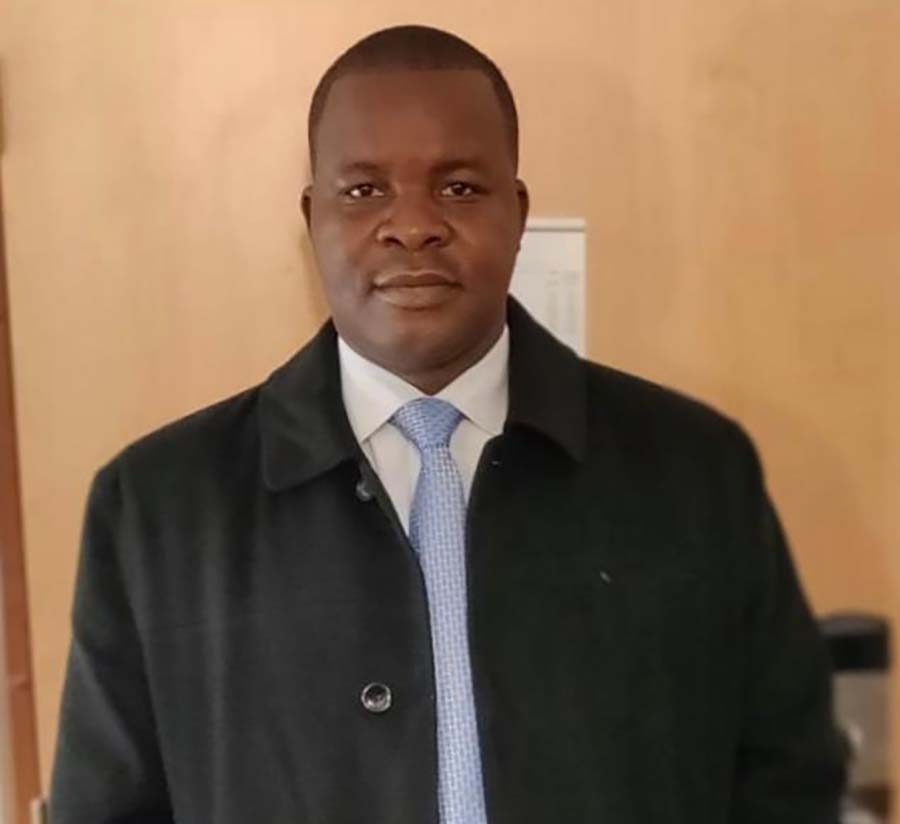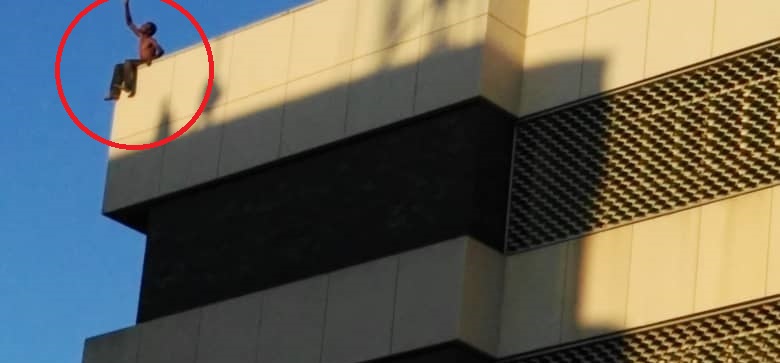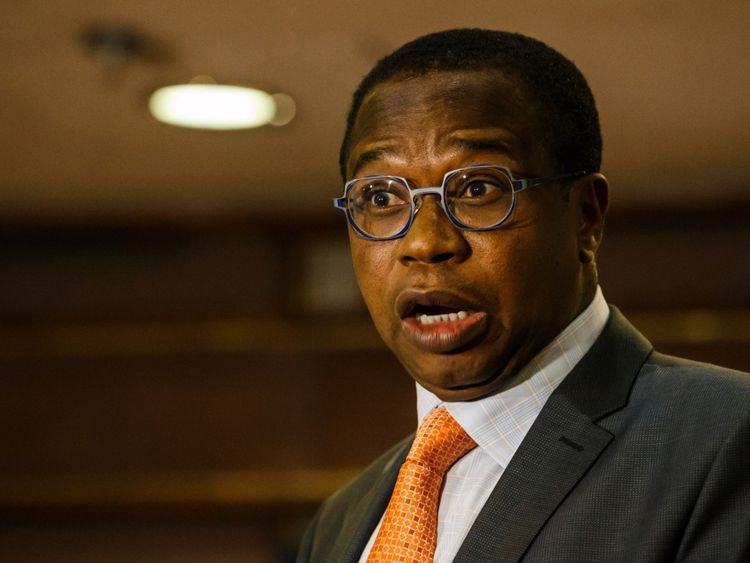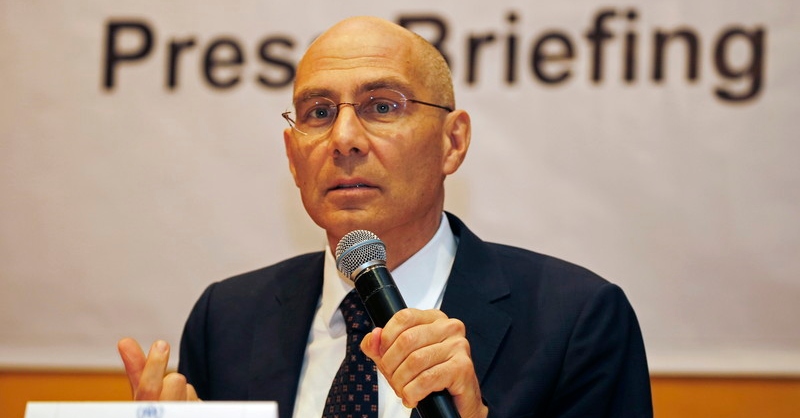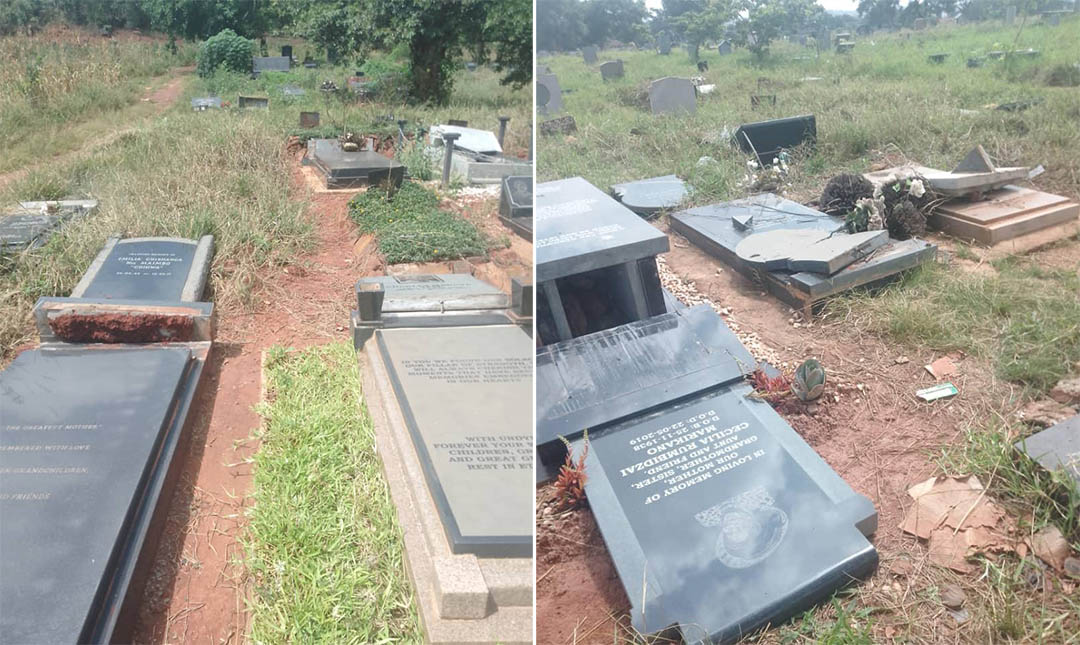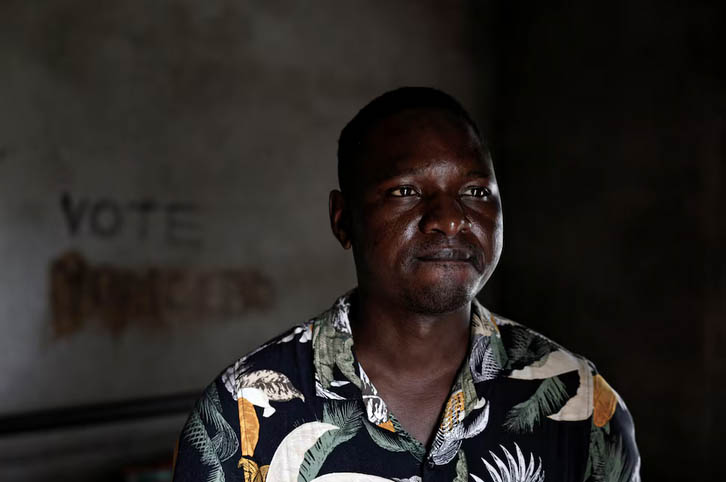ECONET founder Strive Masiyiwa, in his response to Human Rights Watch’s Ken Roth in the context of the unedifying Dewa Mavhinga episode that opened our new year, said: “Consider, Mr Roth, that it is possible that we Zimbabweans would like to have an opportunity [ON OUR OWN] to also re-evaluate some of the options and tools to bring peace, and true democracy. How will we achieve this, if you take it upon yourself to decide what we should think and what views we should hold or even who we should talk to without you passing withering judgement on us?”
As a Zimbabwean, I disagree with Masiyiwa on this. Let me try to be very clear as to what specifically concerns me about what he had to say.
I believe he is correct to imply that the space for citizens of any given polity to deliberate and lead on their peace and democracy options should be protected. So, yes, Zimbabweans should, as he argues, come together to “re-evaluate… options and tools…” But he goes too far when he attempts to delegitimise voices such as Ken Roth’s. The international human rights movement should remain committed to be in solidarity with us Zimbabweans in our struggles for dignity and human rights. Global solidarity is the currency of small people, who do not have the military might of States, nor the economic might of corporates.
Such solidarity helps citizens when presidents turn against their own people; helps those that anyway may not be able to rely (only) on their host states because they are stateless or refugees or migrants; helps consumers when corporates pollute the environment or overcharge for goods and services; helps small people when those that wield power in all its manifestations – as armed militias, as rapists, as jailers of journalists – act with impunity.
Human Rights Watch and my own organisation, Amnesty International, are part of such an international human rights movement. This movement comprises folks from all over the world, and not just from powerful states. It includes those among Zimbabwe’s journalists, lawyers for human rights, doctors for human rights, clergy, social workers, and activists, that have dedicated their lives to preventing, minimising and stopping human suffering. It is about people like Dewa and Ken Roth who commit their careers or lives to fighting with and for all victims and survivors, within and across national borders.
It is a global movement of people that raise their voices against the police and the United States government to say ‘Black Lives Matter’. That says to the Russian and Chinese States, ‘Don’t jail those with opinions different from those of the president’. A movement that says to Saudi Arabia, ‘Don’t kill journalists’. A movement that speaks human dignity to power, in all regions of the world, to states of all levels of power, of all shades of skin-color or ideology.
The international human rights movement was there for him when Mnangagwa was about to be executed by the racist Rhodesian state, (which is why he has been – and rightly so – an admirer of Amnesty’s global work against the death penalty). The movement was there to fight for the lives of the MDC victims that Masiyiwa says he cared about. The movement provided the normative context of international human rights standards on the treatment of lawyers doing their work, and the power base – the water for the fish – when Beatrice Mtetwa represented Masiyiwa.
The international human rights movement is an important and legitimate part of struggles for dignity and human rights everywhere. Masiyiwa and I therefore do not – as relatively privileged, internationally-mobile Africans – do our fellow Africans who are confined to the paddocks of uncaring and repressive states a favour by insisting in the name of African patriotism that they should tell Human Rights Watch to leave them alone.
We mislead our people if we suggest that a poor mother nursing an unmedicated child in the Mbare ghetto has more in common with a president or cabinet minister whose kids are living it up all paid for in Dubai, than she has with a simple American lawyer who has dedicated his life to sitting down with the wretched of the slums and the refugee camps, the perennial pre-trial detainees and the victims of war crimes, to hold their hands and bear witness to their humiliation; to investigate, expose and change their situations.
Strive Masiyiwa’s contributions are great. Zimbabwe is grateful to have him. He and his wife, Tsitsi, are educating literally thousands of children. They are providing, as in the cholera example, services that municipalities and central governments should be taking care of. They are employing thousands. They are carrying a herculean and disproportionate tax burden, even as companies like China Jiangsu ETCC are given mysterious tax breaks. But take the time to also be curious about the contributions of smaller people. You may find that they have given the widow’s mite of Luke 21 verses 1 to 4.
Masiyiwa must take the time to start by knowing the right facts, including about Dewa Mavhinga, whose employment history he appears to have gotten confused about.
Masiyiwa is a man of ideas. If he has not already done so, he should take a moment to read Aryeh Neier’s book-length story of the international human rights movement, published by Princeton University Press in 2012.
Lastly, I would also like to respond briefly to the curriculum vitae of his trials and tribulations as detailed in his message to Ken Roth. For what it’s worth, Masiyiwa should please know that he was not alone and he will never walk alone. In various spaces, many have been there for him, including when we did not wave and shout for him to notice our activism, our advocacy, our fights. The struggle has been long, and it is complex and multifaceted. Some of us bear many scars too, and could also recount attempts on our lives, torture, and persecution. As human rights hero and Masiyiwa’s family friend Robert L. Bernstein reminds us in the Epilogue to his 2016 book, Speaking Freely: My Life in Publishing and Human Rights, “when you try to do good you shouldn’t worry about getting the credit”.
All told, I believe we would also do well to learn from that small naughty story that Masiyiwa no doubt saw snuck in on page nine of the same Bernstein book, the story he calls his first free-speech fight. When he was in tenth grade, his English teacher who was a wonderful person but also had an authoritarian streak and “tended to expound at length on his opinions”, would put up his two-page Public Press noticeboard newspaper. Bernstein printed and hung up a rival Private Press that included, with humour, opinions not allowed in the Public Press.
It is a wonderful parable for how all this might have proceeded. Tsitsi Masiyiwa had done well to express an opinion. Dewa responded with a cautionary note, a slightly different perspective if you will. There was no misogyny at all. Masiyiwa might have done well to simply leave Tsitsi to engage Dewa back, which would have left us all edified by their debate.
Tawanda Mutasah is a Zimbabwean lawyer currently working as a Senior Director for Law and Policy at the Amnesty International Secretariat
